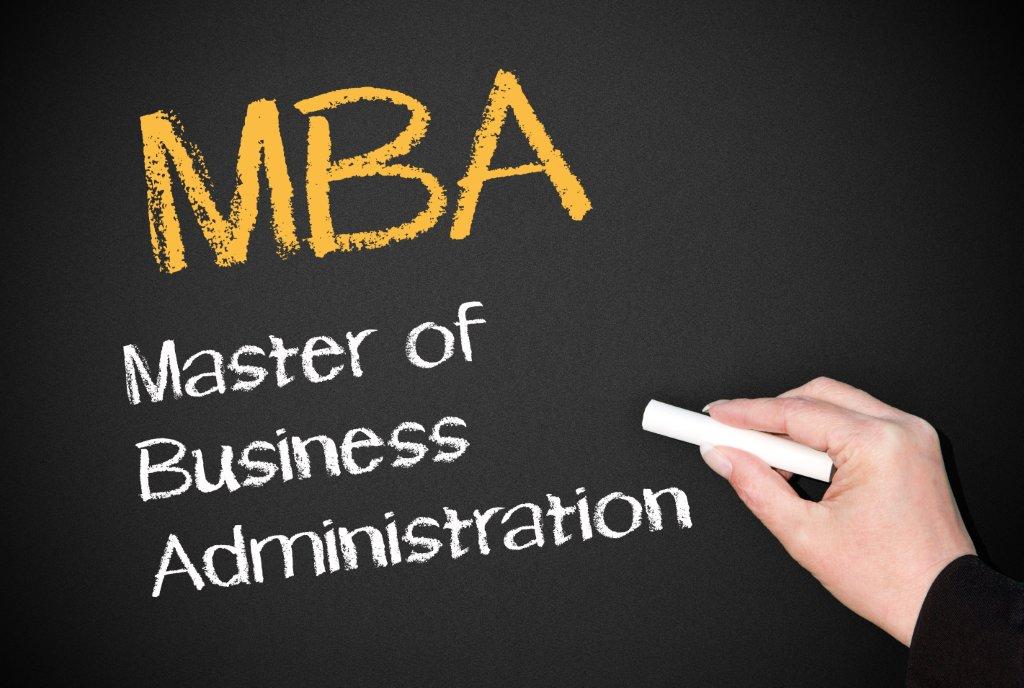If you’ve spent more time looking at business graduate schools, you will definitely have come across both MBA and Executive MBA programmes. Many potential students are uncertain about the difference between the two programmes and whether an Executive MBA is superior to a standard MBA because these programmes initially appear to be very similar.
We will address the four most important questions regarding an MBA and an Executive MBA below to help you understand the difference between the two degrees.

- How is an MBA Different from an EMBA?
Both MBA and EMBA are the same degree, but EMBAs are designed for working executives rather than aspiring ones and are frequently more flexible to fit around demanding schedules.
EMBA students don’t have to leave their job to attend classes, and their average age is greater than that of MBA students. Besides, many schools offer both degrees, and students typically complete EMBA and MBA programmes at the same time.
- Difference in Curriculum
Though the combination of total credits earned by students in the full-time MBA and EMBA programmes is the same, EMBA students are exempt from choosing a major. Executive MBA students can choose to study electives in a specific business area.
The subject areas in MBA are marketing, accounting, economics, and business operations, whereas EMBA has finance, management, entrepreneurship, marketing, etc. and the curriculum in both are almost similar.
- Network and Lifestyle
A significant portion of the essential value of any given programme is linked to the way of life and social network to which students are exposed while they are studying. In EMBA programmes, where deeper connections among smaller cohorts and with alumni are stressed, networking is especially crucial.
On the other hand, a conventional full-time MBA programme provides a more comprehensive learning environment. Students who permanently reside on or close to campus have more opportunities to participate in extracurricular activities. Students can get to meet people through conferences, athletics, and events.
- Career Experience for Each Program
Executive MBA students have more experience than MBA students. They already hold positions of leadership within their firms. Because Executive MBA programmes are created for working professionals who are already in management positions and want to put what they learn in the classroom into practice right now.
Coming to MBA programs, the intended audience are younger and non-management professionals.
Admission Assistance
If you are looking for admission, Times College is offering both MBA and EMBA programs from the most reputable universities across the world. For admission assistance, just get in touch with us and our expert team will handle all your queries and assist you in making the right decision. Call us today!


